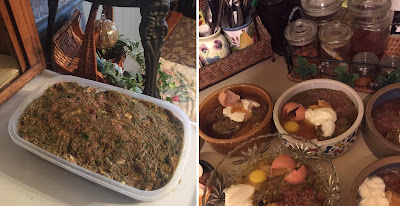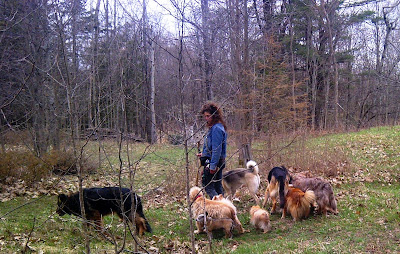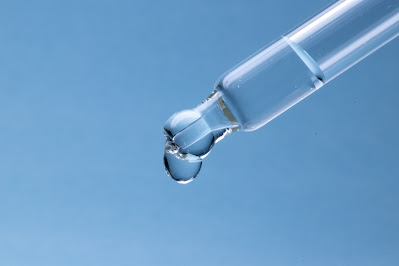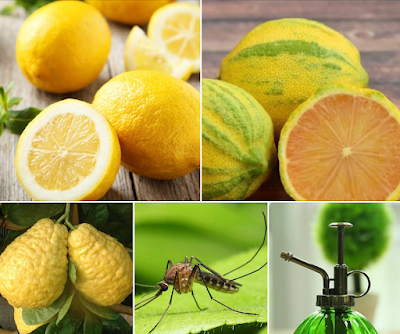Dog, Cat, Pet Shampoo - Unsafe, Harmful Ingredients to be Avoided
Dogs are exposed to
so many toxins and carcinogens these days. Every additional unsafe ingredient we
expose our dogs to creates a heavier toxic load on our dog’s system.
Talking about unsafe ingredients in pet shampoo products may seem trivial if you only
bath your dog once in a blue-moon…but it is best to remember that you should look
at toxic loading in broad perspective.
Here is an example of how your dog’s and cat's
toxic load can build-up without you ever realizing it…
- Feeding commercially manufactured;
- Dry and wet dog and cat food (kibble, etc.) and treats;
- Particularly food and treats that contain...
- GMO corn and derivatives;
- GMO Soy and derivatives;
- Ethoxyquin and other chemical-based preservatives;
- Prescription dog and cat food that contains other harmful additives;
- Dental chews;
- If your dog is drinking fluoridated water;
- If your are brushing your dog’s or cat's teeth with commercially manufactured dog or cat toothpaste or oral rinse - there are so many healthy simple and safe alternatives to prevent gingivitis and periodontal disease.
- If you have your dog on chemical based flea, tick, dewormers or heartworm preventatives, - topical or orally ingested products;
- If you are using commercially manufactured chemical-based household cleaners;
- If you are using any herbicides, pesticides, fertilizers on your lawn and garden - or you are living near a neighbor, parkland or farmer who uses these products;
- If you are walking your dog on salt treated roads or sidewalks in the winter…
Your dog can be
carrying a substantial toxic load. Now add a shampoo with toxic ingredients
into the mix…even if that shampoo is only used a few times a year the bad
(toxic, carcinogenic) ingredients are absorbed through your dog’s skin - resulting in further toxic
load.
Don’t be fooled by product labels that say ‘all natural’, ‘safe’ etc. As dog shampoo is not considered a
drug, there are no regulations to govern the term ‘all natural’, ‘safe’. Many manufacturers’
take advantage of this gap in regulations, therefore the one and only way to
protect your dog is to know what to avoid.
Take a look at this
list below - if the dog shampoo you are using contains any of these, throw it
out! If you are looking to purchase a product take this list with you, or
compare it to the product you are buying if purchasing on-line.
You can also make your own dog or cat shampoo and rinse - to do so is simple and you will be 100% sure you are
using a safe, truly natural product.
Ingredients to Avoid in Commercially Manufactured Dog, Pet Shampoo
- 1,4-diaminobenzene
- Artificial colors (i.e. blue 1,2,4, disperse blue 1; green 1,2,3; red 4,9,17,19,22,33,40; yellow 5,6,8; disperse yellow 3 - will be shown as D =&C or FD&C…i.e. FD&C Red No.6);
- Benzalkonium Chloride and Benzethonium Chloride - synthetic germicides, long term use may affect immune system, cause asthma
- BHA
- BHT
- Coal Tar Dyes
- Diethanolamine (DEA)
- DEA-Cocamide & Lauramide & Oleamidecondensates
- DEA-cocamide/lauramide condensates
- DEA-MEA/Acetame
- DEA-Sodium lauryl sulfate
- Dioxins
- Fragrances (Parfum) - unless from a truly all natural source
- Methylisothiazolinone (MIT)
- Methicone
- Triethanolamine (TEA)
- Sodium Lauryl Sulphate (SLS)
- Sodium Laureth Sulphate (SLES)
- Paraphenylenediamine
- PEG-compounds (1,4-dioxane, propylene glycol and other ingredients with the letters "eth" , i.e.polyethylene glycol)
- P-phenylenediamine
- Propylene Glycol
- Phthalates
- Petrolatum or Mineral Oil (can be contaminated with polycyclic aromatic hydrocarbons)
- Sodium Hydroxide
- Triclosan
Although this list is lengthy, it represents only a portion
of the harmful ingredients - toxins and carcinogens that can be present in off-the-shelf
shampoo products for dogs and cats.
In addition many companies including those that manufacture pet food and other pet products including shampoo and rinse test their products on 'research' dogs, cats, rabbits and other animals. These research animals suffer while enduring cruel and debilitating testing and are then 'euthanized' when no longer 'required' or when too damaged to be of further 'use'. The majority of research animals come from two basic sources: they are breed specifically for use as research animals or, 2) they are from 'shelters', pounds and other animal control centres (ACC). While Pound Seizure is the law in places like Ontario Canada, some shelters in other parts of the USA and Canada choose to sell dogs and cats to D3 dealers that sell these innocent animals to research laboratories.
When you choose to make your own dog and cat pet care products you protect your own companion animal and while ensuring that you do not contribute to the abuse and death of other companion animals.
If you would like to make your own simple, safe, DIY all natural organic, herbal shampoo for dogs and cats you can try some of the recipes in this article.
In addition many companies including those that manufacture pet food and other pet products including shampoo and rinse test their products on 'research' dogs, cats, rabbits and other animals. These research animals suffer while enduring cruel and debilitating testing and are then 'euthanized' when no longer 'required' or when too damaged to be of further 'use'. The majority of research animals come from two basic sources: they are breed specifically for use as research animals or, 2) they are from 'shelters', pounds and other animal control centres (ACC). While Pound Seizure is the law in places like Ontario Canada, some shelters in other parts of the USA and Canada choose to sell dogs and cats to D3 dealers that sell these innocent animals to research laboratories.
When you choose to make your own dog and cat pet care products you protect your own companion animal and while ensuring that you do not contribute to the abuse and death of other companion animals.
If you would like to make your own simple, safe, DIY all natural organic, herbal shampoo for dogs and cats you can try some of the recipes in this article.
Holistic Diet, Nutrition, Wellness Services Tailored to Your Individual Dog and Cat
For information about my holistic diet, nutrition and wellness services, visit my holistic wellness services page.
Maintain good health | Address acute and chronic health issues | Pre and post surgery support and recovery
My holistic wellness services are available worldwide via video consultation.
🌎 USA | Canada | UK | Europe | Australia | New Zealand | Asia | South and Central America | Africa | UAE
📱FaceTime | Facebook | Skype | WhatsApp
To set-up your holistic wellness consultation get in-touch via email, go to my contact me page.
Holistic Behavioral Services for Your Dog
For information about my holistic behavioral services, visit my holistic behavioral services page.
For dogs of all ages, sizes and breeds.
My behavioral services are available worldwide via video consultation.
🌎 USA | Canada | UK | Europe | Australia | New Zealand | Asia | South and Central America | Africa | UAE
📱FaceTime | Facebook | Skype | WhatsApp
To set-up your holistic behavioral session get in-touch via email, go to my contact me page.
Affiliations to Companies
✓ None.
✓ I don't sell food, supplements, or other products.
✓ I'm not aligned with any companies.
Article and graphics by Karen Rosenfeld.













